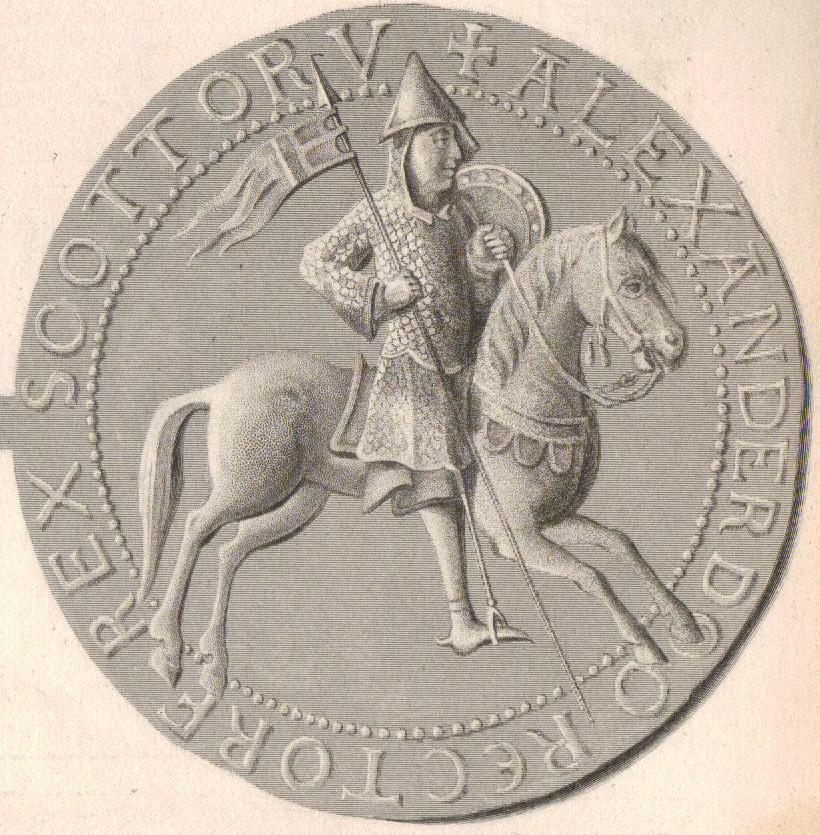By: Simon Brooke :: 8 February 2023
I've been listening to an interview with Joe Ament on the Economics for Rebels podcast. In it, Joe claims that the origin of money cannot be in barter, because a fisher cannot catch fish until they have a fishing pole, and so, to obtain the fishing pole (Joe, being from the United States, calls it a 'fishing pole', and so, for the purposes of this essay, shall I) they must incur debt. Thus primitive economics is not quid pro quo, but a complex and precise but undenominated system of accounting of debts.
This is obvious nonsense, but it got me thinking: what is money?
But let's take a step back first and ask, what is wealth?
Classic economics, as Joe Ament says, posits that transactions in primitive societies are characterised by barter. Barter is a system where the parties agree to exchange things of value, and the platonic ideal of that is that they achieve a fair exchange, each gets what they want, and neither is systematically enriched.
Μarkets don't work like that. When one person lacks food and another has surplus, the one who lacks food must trade today or go hungry; the one who has surplus can afford to wait for higher prices. Consequently, markets always systematically benefit the rich: they disentropise wealth.
Twice in my life, I've needed something that someone else wanted to sell, but I couldn't even nearly afford the market price. In each case, I offered what I could afford, and the vendor accepted it. These were acts of generosity, from which I benefited.
So one of the things a transaction is, is an opportunity for generosity. Obviously, in the platonic ideal transaction, one can see either that the two parties are equally generous, or that neither is generous. I prefer the first view, as more optimistic, but it doesn't really matter for the purposes of this argument.
Wealth is accumulated through a series of transactions which, on average, systematically benefit the person who accumulates the wealth. As I've said above, markets help greatly with this. So the wealth represents a series of transactions in which that person has been systematically less generous than their counterparty.
So we can say clearly:
Accumulated wealth is a measure of opportunities for generosity that have been missed.
This is irrespective of luck: all luck does is give a person more, or fewer, opportunities to be generous.
Now we can step back to the beginning and look at that situation, in a primitive society, where a wannabe fisher asks a skilled person to make them a fishing pole. What is happening there? It's an opportunity for generosity. And people are inherently generous.
But it's more than that, because primitive societies are not collections of atomised individuals; they're communities, where the wellbeing of each contributes to the wellbeing of all. If the nascent fisher is equipped with a pole, they in turn will have more opportunities for generosity, and thus there will be more food for everyone. So of course the elder helps the fisher with a pole. Almost certainly more: almost certainly they pass on the knowledge and skills to make a pole.
The fault in economists' thinking — the fault in Joe Ament's thinking — is that they assume that people in a state of nature lack solidarity, that they lack community, that they lack generosity. That they treat one another like competing strangers in an anonymous seventeenth century city (specifically, Edinburgh, so this story is of particular interest to us Scots). Because it was among competing strangers in anonymised seventeenth century cities that modern theories of economy started to emerge; and one of the drivers for those theories was to explain and validate the (bad) behaviours of people in those very damaged societies.
And of course people in a state of nature don't behave like that. They don't, because the live in tribes, which are extended families; because they are bound by ties of blood, and intimacy, and community, and mutual dependency. We don't make financial transactions — we don't obsessively track debts — within our families. Not even now, in our modern anonymous atomised cities.
So if the natural state of society is characterised by mutuality, if a transaction between people is an opportunity for generosity, what, then, is money? The simple view would be:
Money is reified ungenerosity.
Money is fossilised unkindness, idolised meanness, the very stuff of misery in both senses of that word.
There's certainly a case for arguing that. A gift economy, which runs on mutual generosity, needs no money.
But I think the truth is even worse.
Money grows in society by the process of eroding generosity.
Money is, then, a necrotising parasite on social relationships, systematically sucking out transactions of kindness and generosity from the economy and replacing them with a winner-takes-all, zero sum game of competitive meanness.
Money is a disease.
« Blog IV | | Final thoughts before committing to buy a sawmill »


